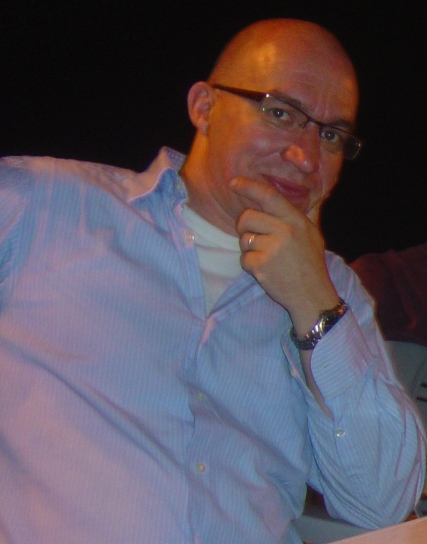 On 19 December 2010, the scientific community (and our editorial board) lost one of the leading luminaries into the etiology of Alzheimer's disease, Mark A. Smith, PhD, and Professor of Pathology at Case Western Reserve University. Mark was well known for his research and insights regarding the physiology and pathology of oxidative stress in neurological disorders. Prior to his studies, oxidative stress had not been systematically explored in this field. Smith began his career some twenty years ago and his findings related to oxidative stress moved the field from ill-defined changes in lipofuscin, insolubility, and bulk oxidative modification to decisive understanding of spatial and temporal aspects leading to the physiological and pathological changes occurring at the sub-cellular level prior to disease onset. Smith specifically developed the neurocytochemical probes, methods, and cellular and animal models needed to define oxidative modifications, metal changes, antioxidant responses (enzymes, cofactors, and signal transduction), redox reactions, mitochondria, apoptotic pathways, and cell cycle reentry events in normal and aged brains.
On 19 December 2010, the scientific community (and our editorial board) lost one of the leading luminaries into the etiology of Alzheimer's disease, Mark A. Smith, PhD, and Professor of Pathology at Case Western Reserve University. Mark was well known for his research and insights regarding the physiology and pathology of oxidative stress in neurological disorders. Prior to his studies, oxidative stress had not been systematically explored in this field. Smith began his career some twenty years ago and his findings related to oxidative stress moved the field from ill-defined changes in lipofuscin, insolubility, and bulk oxidative modification to decisive understanding of spatial and temporal aspects leading to the physiological and pathological changes occurring at the sub-cellular level prior to disease onset. Smith specifically developed the neurocytochemical probes, methods, and cellular and animal models needed to define oxidative modifications, metal changes, antioxidant responses (enzymes, cofactors, and signal transduction), redox reactions, mitochondria, apoptotic pathways, and cell cycle reentry events in normal and aged brains.
Mark's studies are among the most cited in the area of oxidative stress and Alzheimer's disease (http://sciencewatch.com/ana/st/alz2/11junSTAlz2Smit/). This body of work was recognized by numerous awards, including the Jordi-Folch award from the American Neuro-chemistry Society, Hermann-Esterbauer Award from the HNE Society, the Outstanding Investigator Award from the American Society for Investigative Pathology, Denham Harman Research Award from the American Aging Association, and the Goudie Lecture and Medal from the Pathological Society of Great Britain and Ireland. He was a Fellow of the American Association for the Advancement of Science, American Aging Association, Royal Society of Medicine, and the Royal College of Pathologists. As an academician, Mark was well known for his engaging and humorous lectures delivered within the graduate and medical programs at Case Western Reserve University. He was devoted to helping students and spent considerable time with his graduate and undergraduate students as an advisor and mentor. He was recognized by the University in 2009 with an award for mentoring undergraduates and in 2010 was honored for excellence in teaching of graduate students.
Mark had many striking attributes that those close to him knew well and their lives were enriched by his presence. He had a friendly demeanor and a unique openness to all aspects of life, particularly his joie di vivre. Most of us knew of Mark's generosity and were well aware of his giving of himself freely in every possible way, both scientifically and humanly. He leaves behind his wife Gemma Casadesus, a neurobehavioral scientist with whom Mark collaborated, and their two sons, William and Luke. To those closest to Mark, it is uniformly agreed that few people live as much in 90 years of life than Mark did in just 45, and we will all carry with us the memory of a man so vivid and full of life. We shall not forget how he touched our lives in this fleeting moment of his shortened lifespan, but it is clear that we and our field are better people for having known him.


